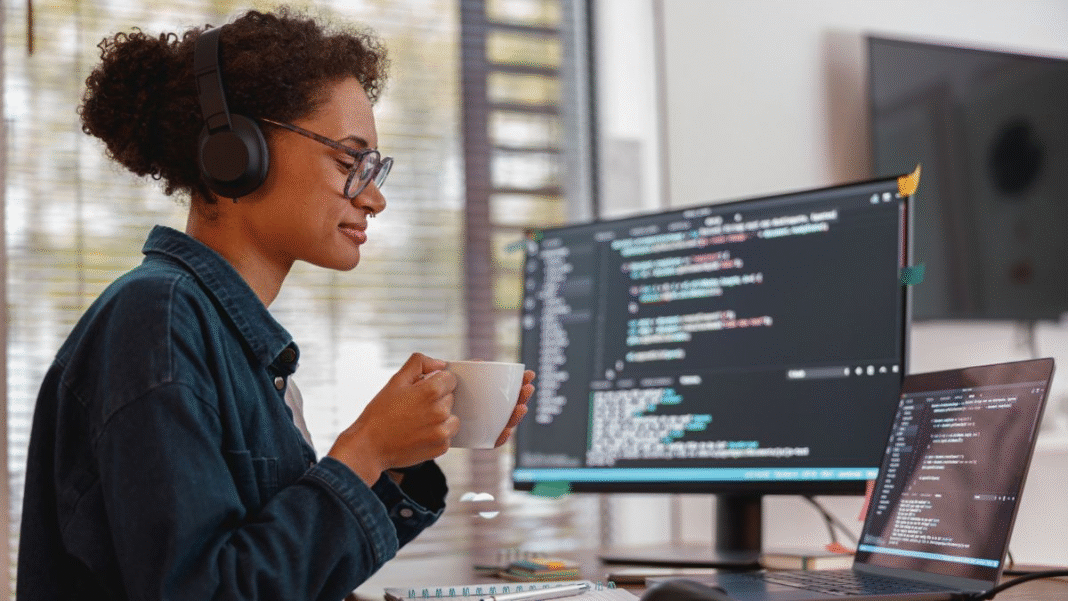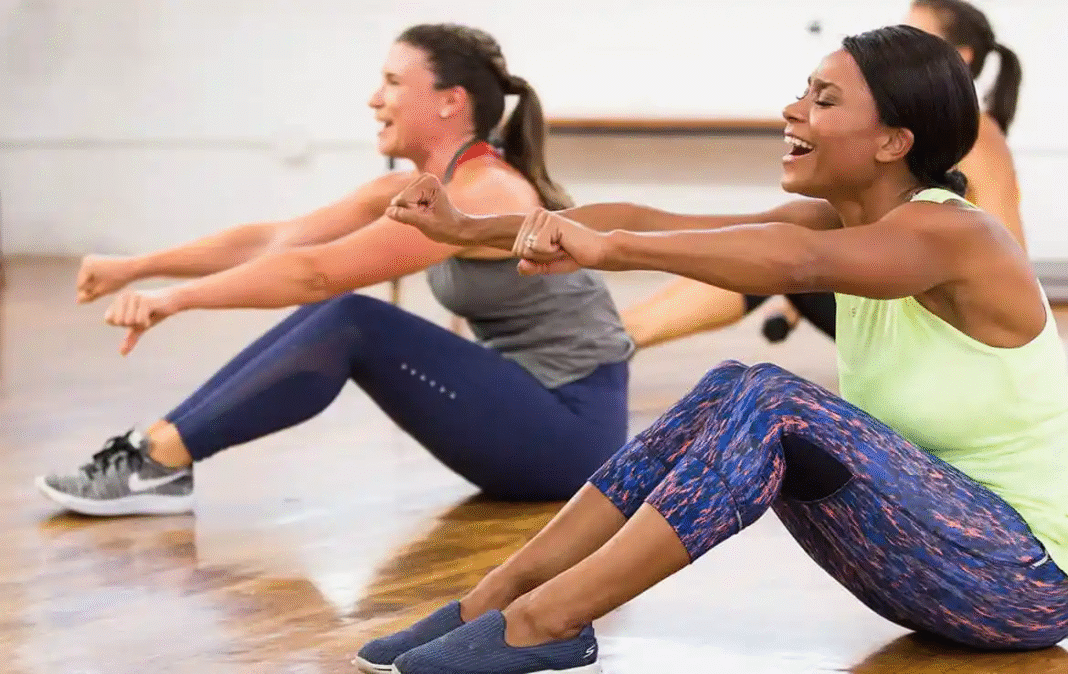Learning to code has become one of the most valuable skills in today’s world. Whether you dream of building apps, creating websites, automating tasks, or even starting a career in tech, programming is the gateway. The good news? In 2025, there are more beginner-friendly coding programs, tools, and platforms than ever before.
If you’re a complete beginner, it might feel overwhelming at first: Which programming language should you start with? Which platform is easiest to use? How can you make sure you stay consistent and actually enjoy the process? This article will break it all down in simple language, so you’ll understand what coding programs for beginners in 2025 really look like and how to get started.
Why Coding Matters More Than Ever in 2025
Technology is everywhere. From your smartphone and social media to smart cars and artificial intelligence, coding is the language behind it all. Employers across industries—healthcare, education, business, entertainment—are looking for people with even basic programming knowledge.
But here’s the key: you don’t have to be a genius to learn coding. Coding in 2025 is more accessible because:
- Platforms are interactive, with real-time feedback.
- AI-powered tutors help guide beginners step by step.
- You can practice from anywhere with just an internet connection.
So, let’s look at some of the best coding programs available today.
Top Coding Programs for Beginners in 2025
1. Codecademy (2025 Version)
Codecademy has been around for years, but in 2025, it’s even better. It offers interactive lessons in Python, JavaScript, HTML, CSS, and more. What’s new this year is their AI tutor assistant that explains errors in plain English and suggests simpler approaches. This makes it perfect for beginners who get stuck.
- Best for: People who like hands-on learning with immediate results.
- Highlight: Step-by-step projects like building a portfolio site or creating simple games.
2. freeCodeCamp
freeCodeCamp is still one of the best free resources in 2025. It offers thousands of lessons, coding challenges, and real-world projects. Many beginners start here because it doesn’t just teach coding—it also helps you build actual projects that can be added to your resume.
- Best for: Learners on a budget.
- Highlight: You can earn free certifications in Web Development, Data Science, and JavaScript.
3. Khan Academy Coding
Khan Academy now includes beginner-friendly interactive lessons for coding. Their courses use fun, visual examples—like making animations, drawings, or interactive stories—making it great for younger learners or anyone who wants a fun start.
- Best for: Kids, teens, and visual learners.
- Highlight: Very simple explanations, great for absolute beginners.
4. Coursera & edX Beginner Programs
Universities like Harvard, MIT, and Stanford now host beginner courses online through Coursera and edX. The CS50’s Introduction to Computer Science is still one of the most popular beginner courses worldwide. In 2025, these platforms are enhanced with AI mentors and community chat groups where learners help each other.
- Best for: Learners who want structured, university-level content.
- Highlight: Certificates that can add real value to your career.
5. Grasshopper (by Google)
Grasshopper is a mobile app designed for beginners. It teaches coding in a game-like way using puzzles and challenges. In 2025, Grasshopper added support for Python, so now learners can move from small puzzles to writing their own code quickly.
- Best for: People who prefer mobile learning.
- Highlight: Super fun, doesn’t feel like “studying.”
6. LeetCode Beginner Tracks (2025 Update)
While LeetCode was traditionally known for tough coding interview questions, in 2025 it introduced Beginner Tracks. These help absolute beginners learn problem-solving with Python and JavaScript step by step. If you want to eventually land a job in tech, this is a solid starting point.
- Best for: Beginners aiming for coding jobs in the future.
- Highlight: Practice problems progress from easy to advanced.
7. AI-Powered Coding Tutors
This year, several new platforms emerged with AI-driven teaching. Tools like Replit Ghostwriter or ChatGPT Code Coach act like personal mentors. They don’t just give answers but walk you through the process, explaining why something works.
- Best for: Learners who want personalized help.
- Highlight: Feels like having a private tutor 24/7.
Which Language Should Beginners Start With in 2025?
A big question most beginners ask is: Which programming language should I learn first? Here are a few options:
- Python: Easiest to read, used in AI, data science, and automation. Perfect for beginners.
- JavaScript: Great for web development. If you want to build websites, this is a must.
- Scratch: A block-based language for kids and teens. Helps understand logic without writing code.
- Java: Still widely used in enterprise systems. A bit harder than Python but great long-term.
In 2025, Python remains the #1 beginner-friendly choice.
Tips to Learn Coding Consistently
Many people start coding but quit after a few weeks. To avoid that, here are some tips for staying consistent:
- Start small – Don’t try to learn everything at once. Begin with simple exercises.
- Build projects – Even a calculator or a to-do list app gives you confidence.
- Practice daily – 20 minutes a day is better than 4 hours once a week.
- Ask for help – Use forums like Reddit, Stack Overflow, or Discord groups.
- Celebrate small wins – Every bug you fix is a victory.
Real-Life Example: Sara’s Coding Journey in 2025
Sara, a 19-year-old student, wanted to learn coding but had zero background. She downloaded Grasshopper on her phone and played coding puzzles during her commute. After a month, she switched to freeCodeCamp, where she built her first personal portfolio website.
By the end of six months, Sara applied for internships with her new skills and even landed a part-time job managing a company’s website. Her story shows that anyone, with consistency and the right tools, can turn coding into a career.
The Future of Beginner Coding in 2025 and Beyond
With AI, VR classrooms, and gamified apps, learning coding is no longer a boring or difficult task. By 2030, coding may become as basic as reading or writing. The tools available in 2025 already make it possible for anyone—kids, students, professionals, or even retirees—to start coding and create something meaningful.
If you’re still hesitating, remember: the best time to start coding was yesterday, the second best time is today.
5 FAQs About Coding Programs for Beginners in 2025
1. Do I need a strong computer to learn coding?
Not at all. Many beginner platforms like Grasshopper, Replit, and Codecademy run directly in your browser or mobile device. A basic laptop or even a smartphone is enough.
2. How long does it take to learn coding as a beginner?
It depends on your consistency. With 30 minutes of daily practice, you can learn the basics of Python or JavaScript in about 2–3 months.
3. Is Python still the best language for beginners in 2025?
Yes. Python is simple, versatile, and widely used in AI, data science, and web development. Most experts recommend it as a first language.
4. Are free programs enough, or should I pay for courses?
Free platforms like freeCodeCamp and Khan Academy are excellent to start with. Paid courses (Coursera, Codecademy Pro) are useful if you want certifications or structured learning paths.
5. Can coding really help me get a job in 2025?
Absolutely. Tech jobs are in high demand, and even non-tech industries value coding skills. Having basic coding knowledge can open doors to roles in data analysis, web development, app design, and more.
Final Thoughts
Coding in 2025 isn’t just for computer science students or professional developers. It’s a skill for everyone. Thanks to beginner-friendly platforms, interactive apps, and AI tutors, starting your coding journey has never been easier. Whether you want to build your first website, automate tasks, or step into the tech industry, the tools are right at your fingertips.




